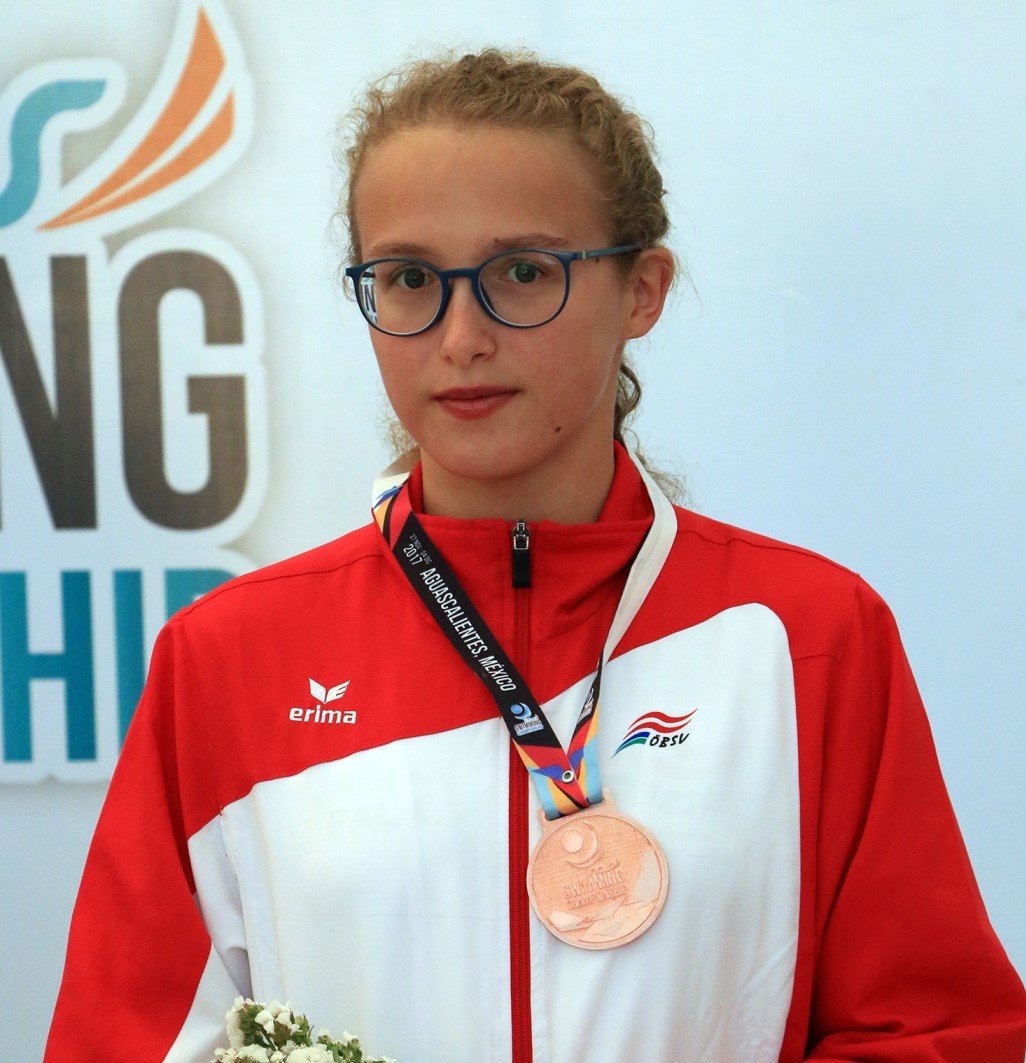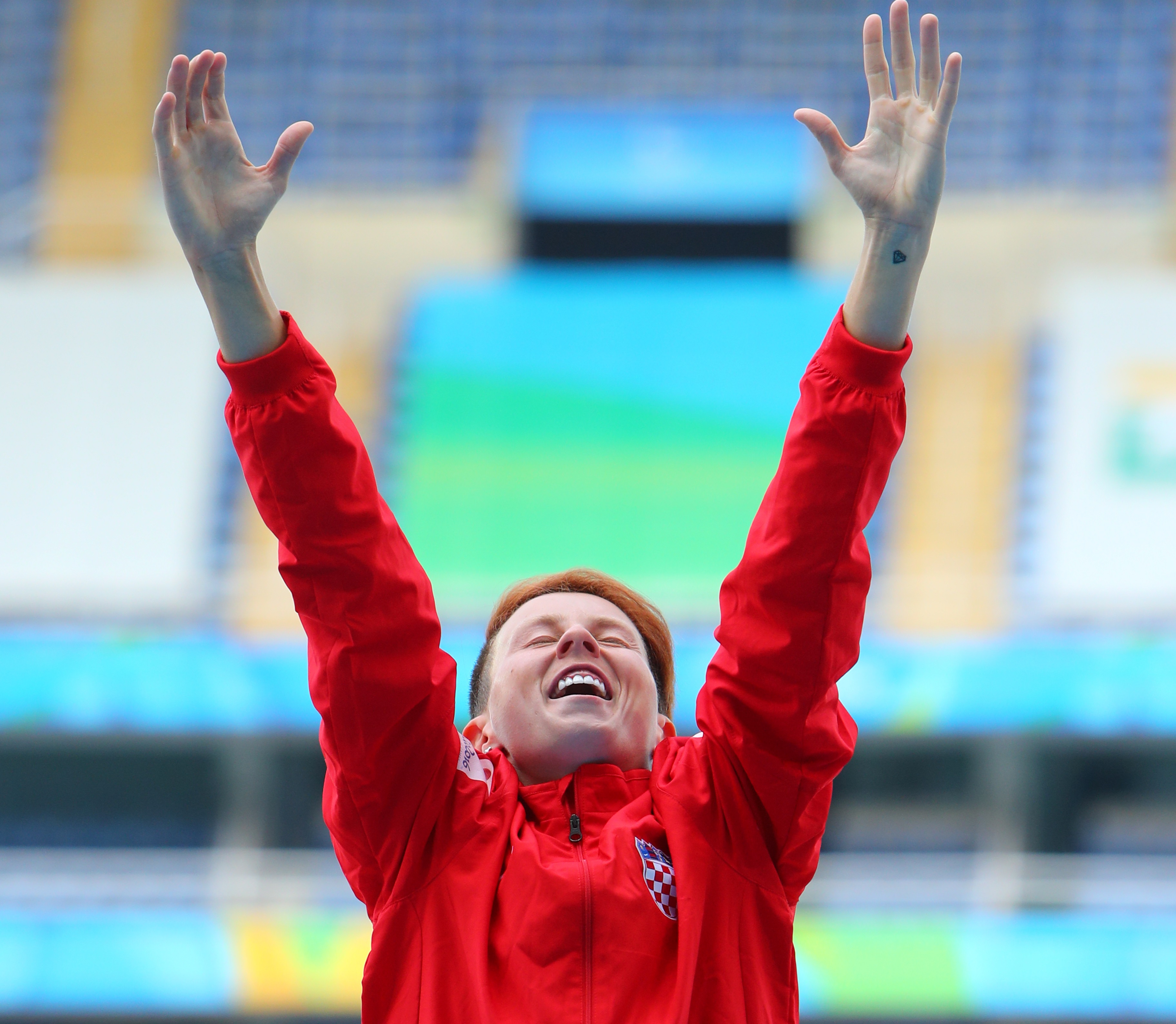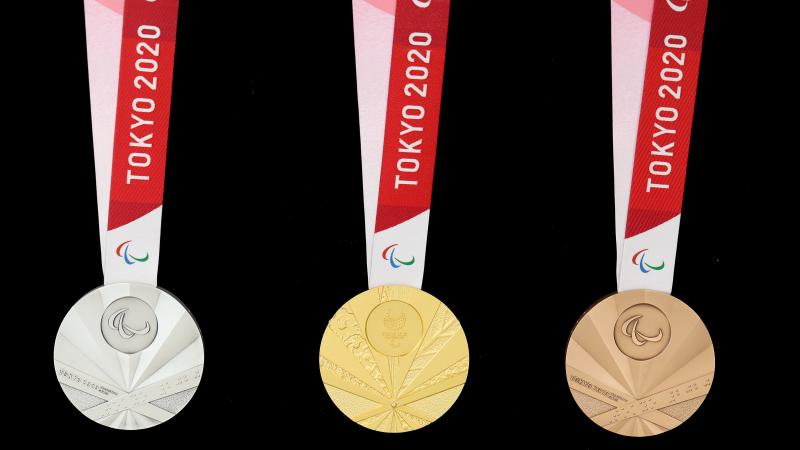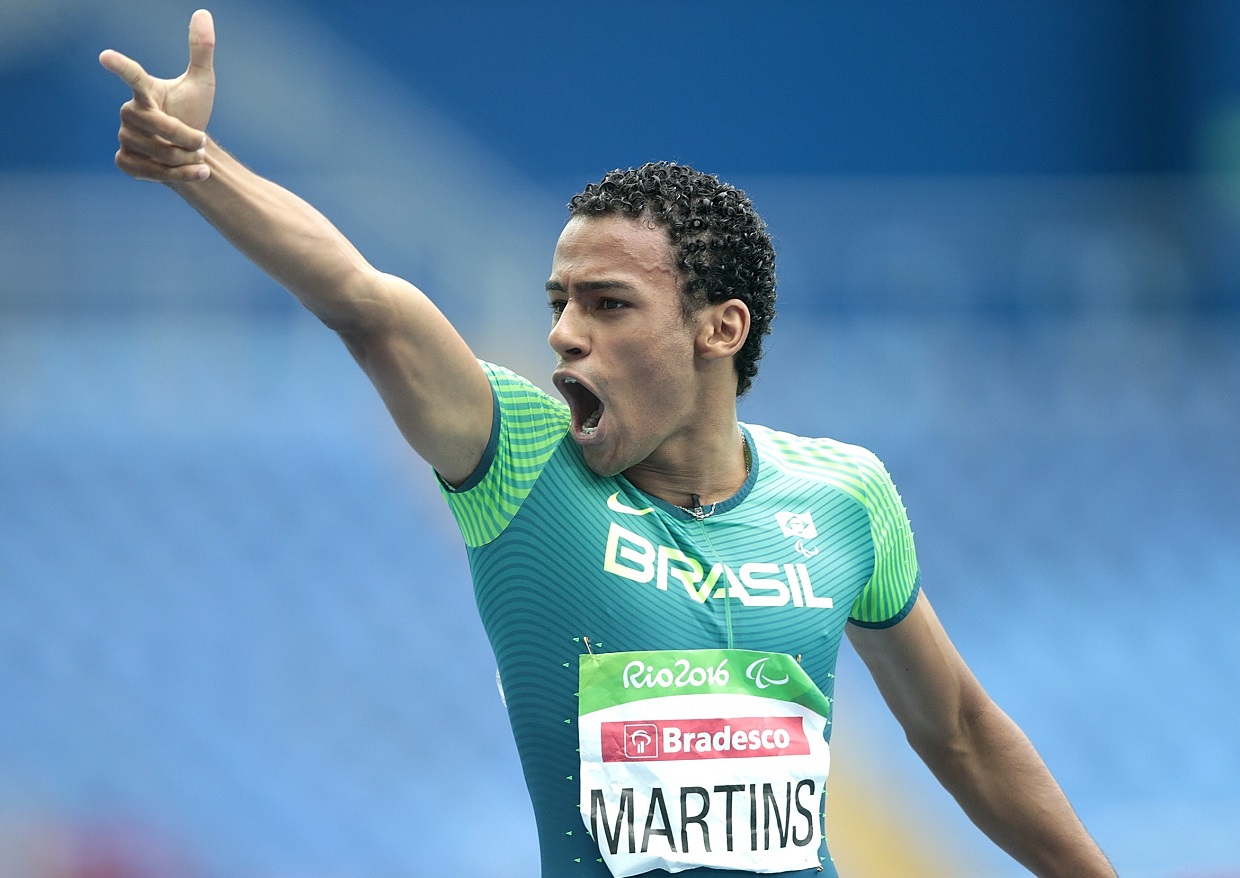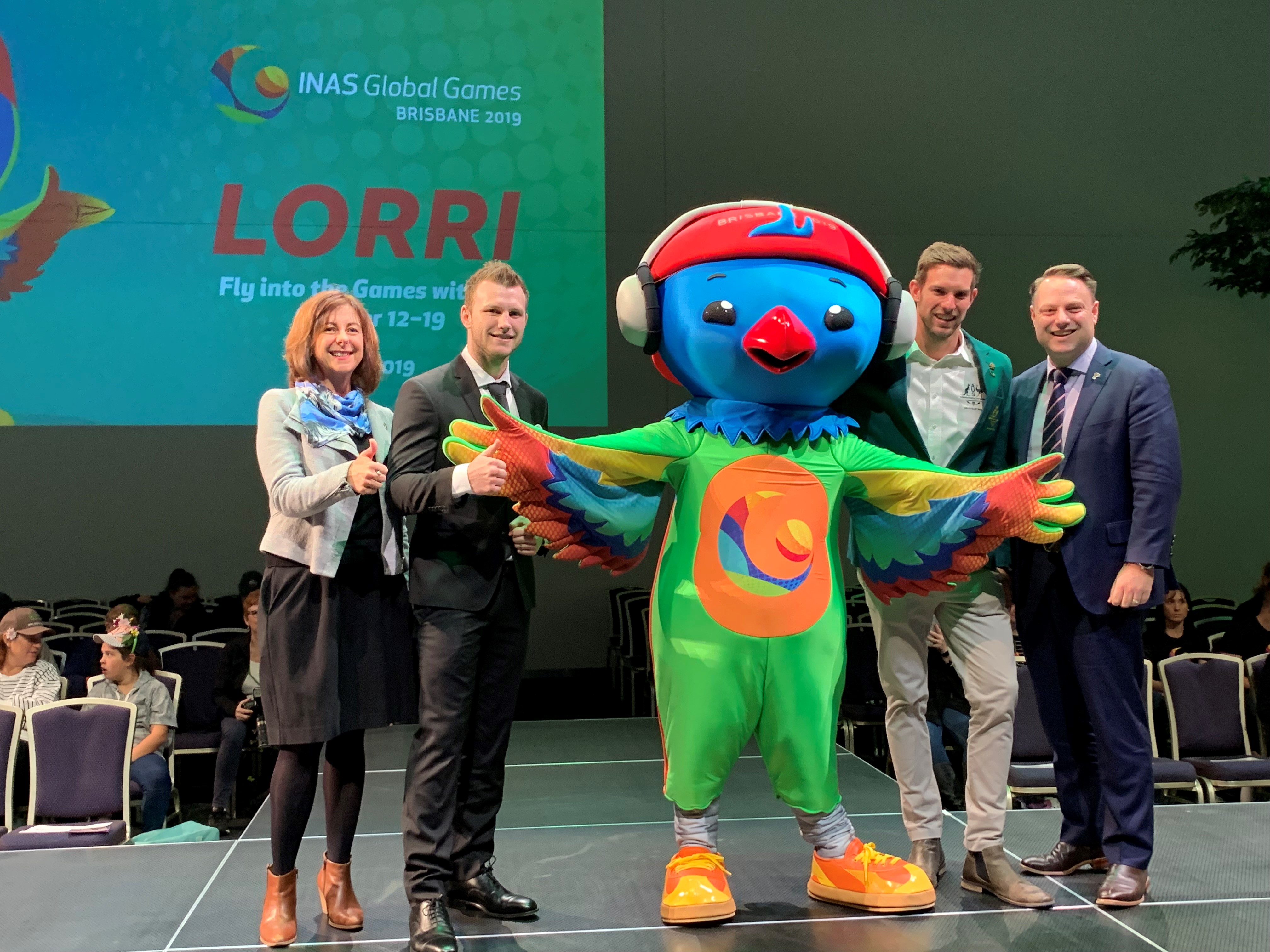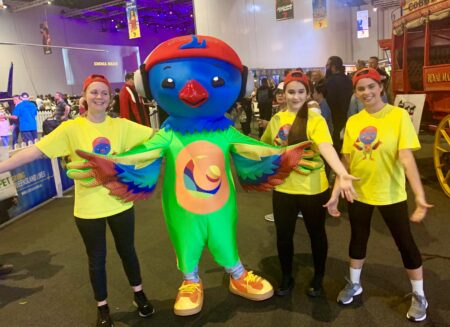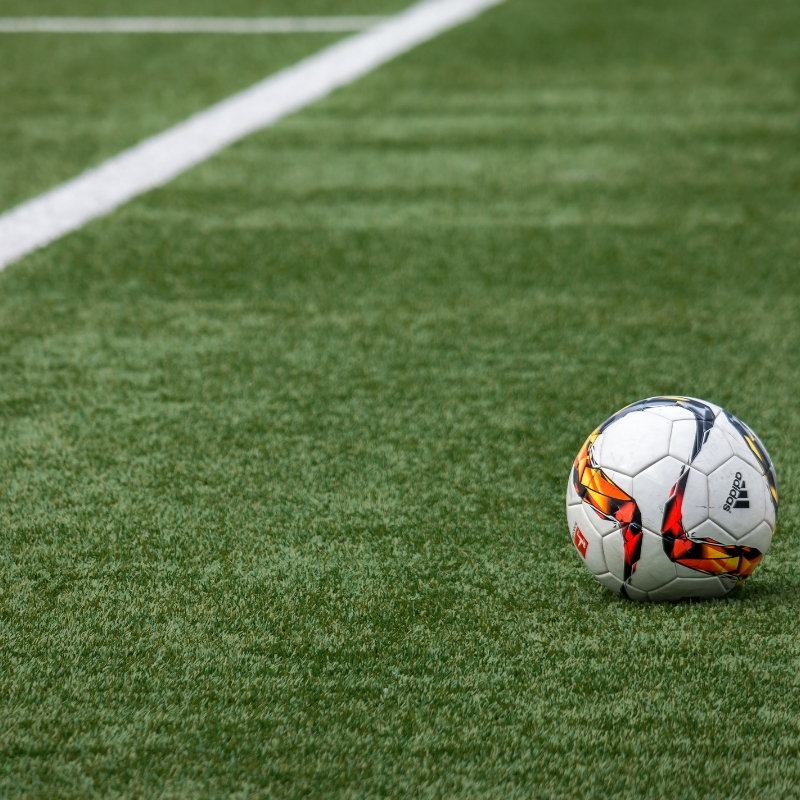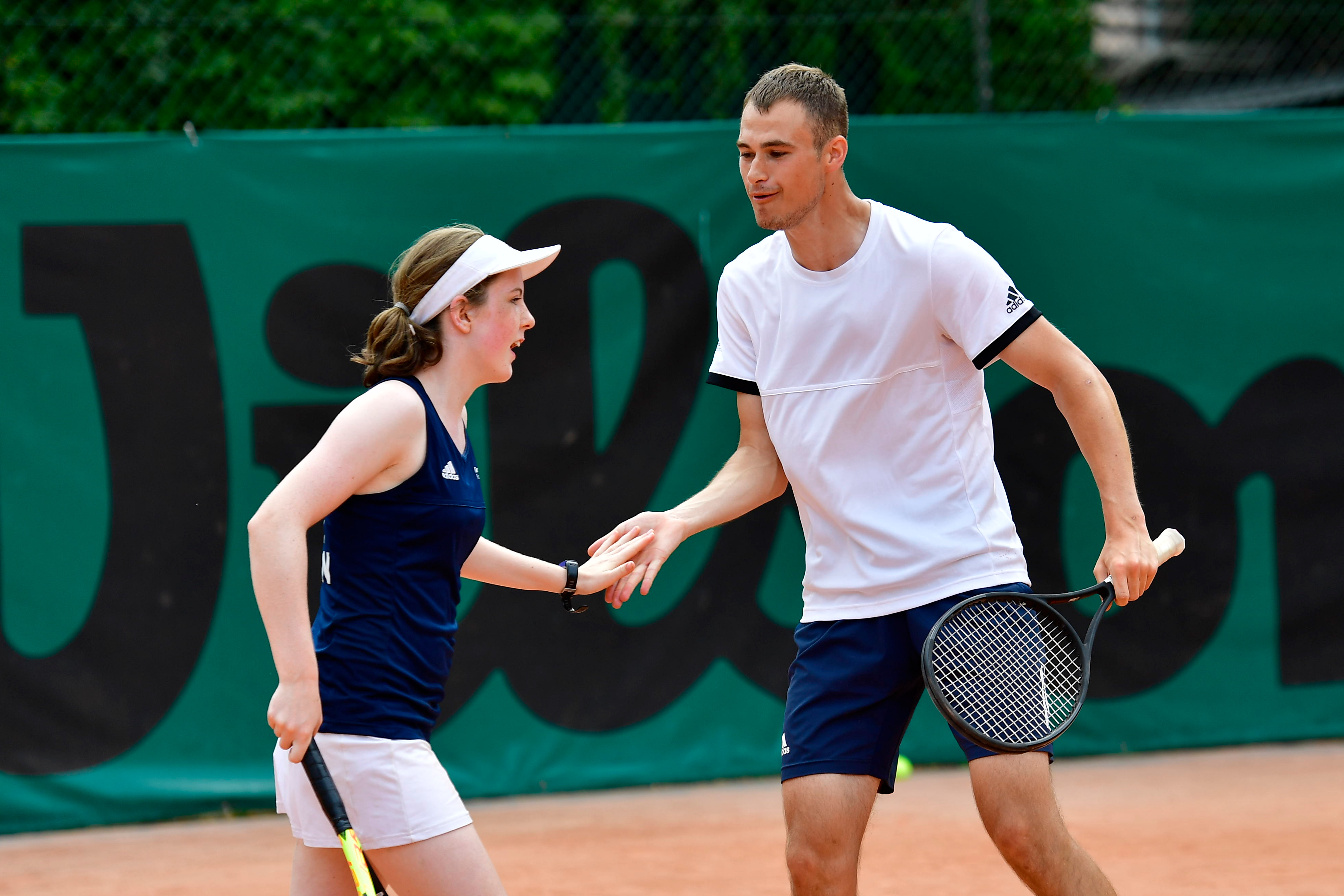Tokyo 2020 has marked one year to go until the Paralympic Games with several spectacular mass-participation events and by unveiling the official designs for the Paralympic medals and the Paralympic Torch Relay uniforms during a special nationwide TV broadcast.
On Saturday, thousands attended a special “Let’s 55” sports try-out event at the city’s Sumida City Gymnasium. During the day attendees were able to sample 15 different Paralympic sports and meet a host of Japanese and international Para athletes.
Around 25,000 people attended Sunday’s one year to go event in Yoyogi Park, venue of the 1964 Paralympics, as several sport demonstrations featuring leading Para athletes took place.
Germany’s three-time Paralympic champion Markus Rehm gave a taste of what it is to come in Tokyo, setting an unofficial world record in the men’s long jump T64 with a mammoth leap of 8.50m, while Japan’s Shingo Kunieda and Yui Kamiji showed why they are two of the world’s best wheelchair tennis players.
In the afternoon IPC Vice President Duane Kale, Chief Cabinet Secretary Yoshihide Suga and Tokyo 2020 President Yoshiro Mori were joined by Japan’s Rio 2016 silver medallists Takayuki Hirose and Hidetaka Sugimura for a boccia match.
A special one year to go ceremony broadcast to millions of homes across Japan by NHK followed at which the Tokyo 2020 Paralympic medals and Paralympic Torch Relay uniforms were revealed.
“All the ingredients for outstanding Paralympics are coming together in Tokyo – the prospect of superb sport, stunning venues, billions of global TV viewers and millions of spectators,” said Kale in a speech during the ceremony.
“This is why I am so confident that Tokyo 2020 will surpass the success of London 2012 and have more impact on transforming society than any previous Paralympics.”
President Mori said: “Next year’s Games will be the first time in history that the same city has hosted the summer Paralympics twice. Precisely because Tokyo will be hosting for the second time, we have held to an important principle, and that is to expend all our power – equal to the Olympic Games — in making the Paralympic Games a great success.”
As well as the official Paralympic medals, the medal ribbon and medals case were also revealed on Sunday.
The medal design is centred around the motif of a traditional Japanese fan, depicting the Paralympic Games as the source of a fresh new wind blowing through the world as well as a shared experience connecting diverse hearts and minds.
The kaname, or pivot point, holds all parts of the fan together; here it represents the Para athletes bringing people together regardless of nationality or ethnicity. Motifs on the leaves of the fan symbolise Japan’s captivating and life-giving natural environment in the form of rocks, flowers, trees, leaves, and water. These are applied with a variety of techniques, producing a textured surface that makes the medals compelling to touch.
To help those with vision impairments recognise the different medals by touch, a series of circular indentations have been included on the side of the medals for the first time in Paralympic history. One indentation represents gold, two distinguishes silver and three identifies bronze. Braille letters also spell out “Tokyo 2020” on the medals’ face.
As part of the Tokyo 2020 Medal Project, Tokyo 2020 Paralympic medals are being manufactured from recycled precious metals extracted from mobile phones and other small electronic devices donated by the public.
Sakiko Matsumoto, Tokyo 2020 Paralympic Medal Designer, said: “I am very grateful that I could take part in these historic Games as a designer. I wanted to keep the athletes front and centre as I conceived this design. I hope these medals bring athletes and the people around them closer together and stirs a fresh new breeze in their hearts.”
The medal ribbons, in the Games’ colours of indigo and crimson, employ traditional Japanese design motifs of harmonised chequered emblems (kumiichi matsumon) in a design that expresses both the festive spirit of the Games and the principle of “Unity in Diversity”. Silicon convex dots – one for gold, two for silver, and three for bronze – are applied to the ribbon’s reverse side, enabling visually-impaired individuals to easily identify the medal type at a touch.
The indigo wooden cases are individually hand-crafted from Japanese ash by highly skilled artisans. The unique wood grain of each case represents the diversity of the Olympic and Paralympic Games. The circular case and lid are magnetised, allowing the medal to be displayed as if it is cradled within linked rings.
Paralympic Torch Relay uniforms
The Tokyo 2020 Paralympic Torch Relay torchbearer uniforms are based on the relay’s concept “Share Your Light”. They incorporate the core Tokyo 2020 chequered motif and the uniform design embodies the vision of new partnerships between humans, and between humans and society.
During the Torch Relay, flames will be lit separately in each of the 47 prefectures of Japan, as well as Stoke Mandeville, the Paralympic Movement’s birthplace in Great Britain. The flames will be merged into a single flame in Tokyo before the Opening Ceremony of the Tokyo 2020 Paralympic Games.
The design of the uniform is intended to reflect the way flames are converging from all over Japan, and the enthusiasm of the various groups of torchbearers who will proudly carry them. Moreover, the chequered pattern has traditionally been considered to bring good luck in Japan, and in this design it is used to depict the light emitted by the Paralympic flame.
Each individual flame increases its brightness as it merges with the following flame; when all of the flames have come together into a single flame, they shine with a new harmonious light. Throughout the relay, they will build excitement and expectation in anticipation of the opening of the Paralympics Games.
Daisuke Obana, uniform design director, commented: “The idea behind this design is that the flames congregating from all over Japan are expressed with the traditional ichimatsu chequered pattern, which has traditionally been regarded as a symbol of good luck in Japan. Its aim is to help express the thoughts and enthusiasm of the groups of three torchbearers. I hope that excitement for the Paralympic Games will build up nationwide and around the world with the thoughts and enthusiasm of the runners wearing these uniforms.”
Tickets for the Tokyo 2020 Paralympic Games went on sale to Japanese residents on 22 August. Applications for tickets must be made online via the Tokyo 2020 Official Ticket Website.
Pre-registration on the TOKYO 2020 ID portal is required to enter the lottery. The lottery results will be announced on 2 October, with payments due by 15 October.


